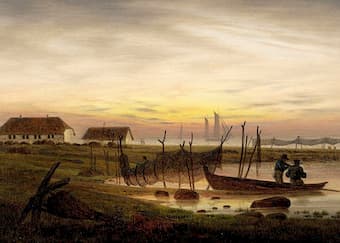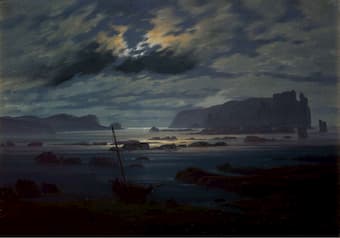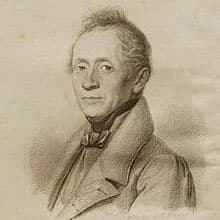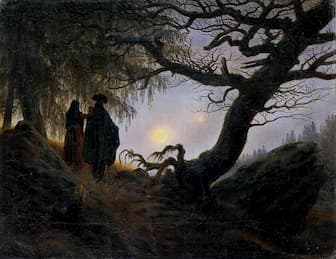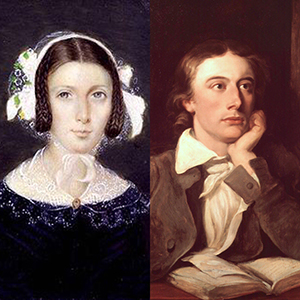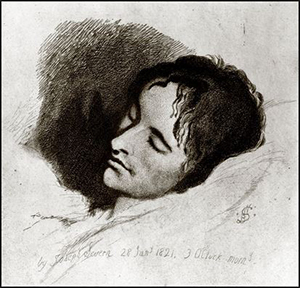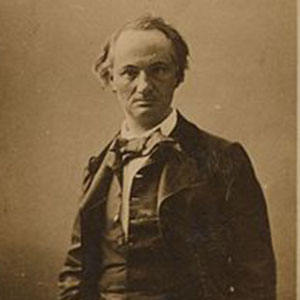The German Romantic painter Caspar David Friedrich (1774-1840) is best known for his allegorical landscapes. Contemplating nature, he sought to convey a subjective, emotional response to the natural world. He was looking not just to explore the blissful enjoyment of
Poetry
Joseph von Eichendorff was the quintessential poet of the German landscape. His indirect mode of representation is almost pictorial. Fields, trees, woods, river and streams conjure up images experienced at morning, noon, evening, dusk, and night. Each moment has its
Joseph von Eichendorff’s poetry addresses a number of basic concepts, including the passing of time and nostalgia. Time for Eichendorff “is not just a natural phenomenon but each day and each of our nights have a metaphysical dimension.” The morning,
The poet, novelist, translator, and playwright Joseph von Eichendorff (1788-1857) might not be a household name today. Yet, his poetry was set to music approximately 5,000 times, rivaling if not surpassing the number of musical settings of Goethe and Heine.
Fanny Brawne met John Keats at Wentworth Place in November 1818. She was described as “small, her eyes were blue and often enhanced by blue ribbons in her brown hair… She was not conventionally beautiful; her nose was a little
Tuberculosis, or consumption as it was known throughout the 19th century—decisively shaped the social history of Europe. Its impact on the artistic world was extremely powerful, with artists offering their own commentaries on the disease through painting, poetry and opera.
The English Romantic poet John Keats (1795-1821) tragically died from tuberculosis at the age of 25. Creating a profound body of work under the cloud of near-constant illness, Keats captured extreme emotions through an emphasis on natural imagery. In the
In 1936, Edna St. Vincent Millay and George Dillon published a translation of Baudelaire’s “The Flowers of Evil.” Trying to infuse the publication with a sense of authority, they asked the French poet, essayist, and philosopher Paul Valéry for an

